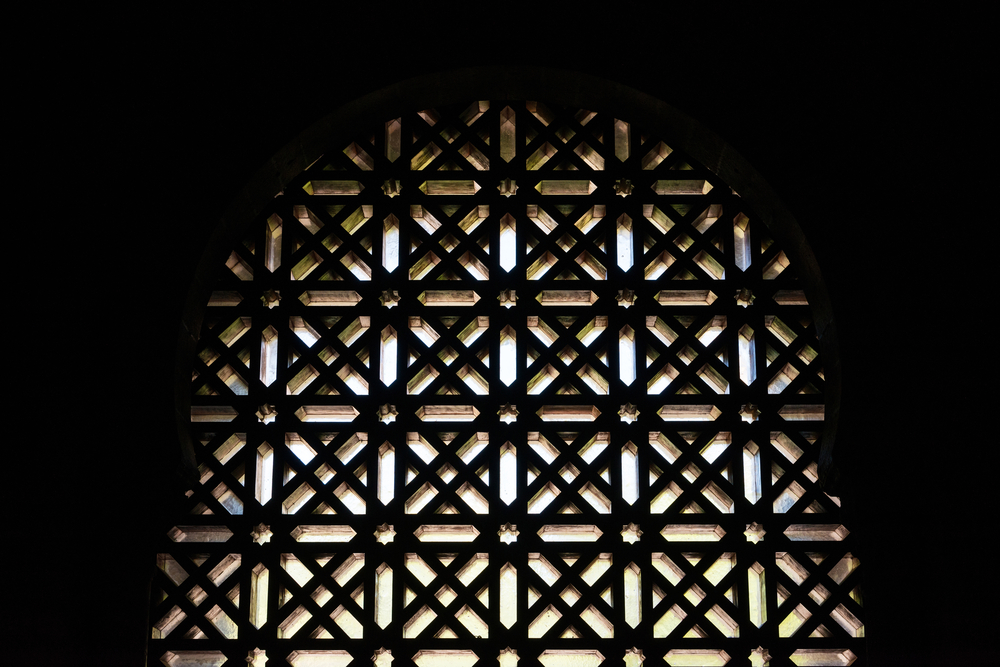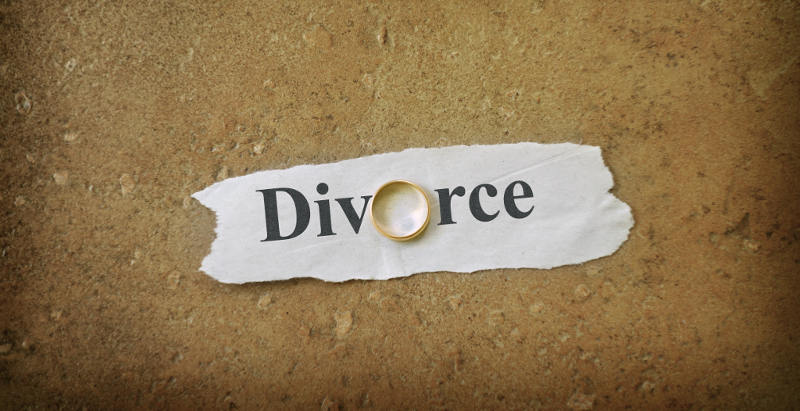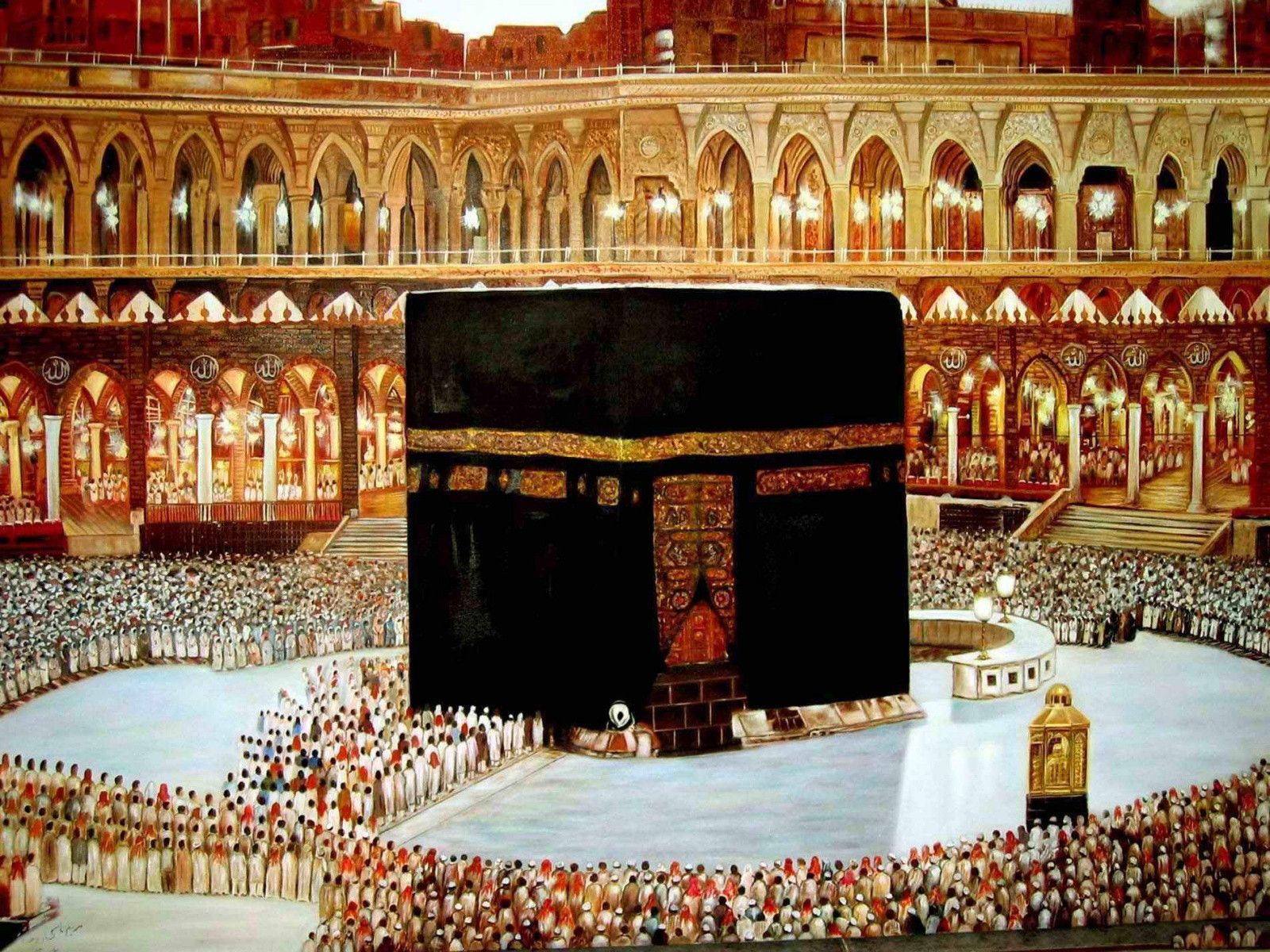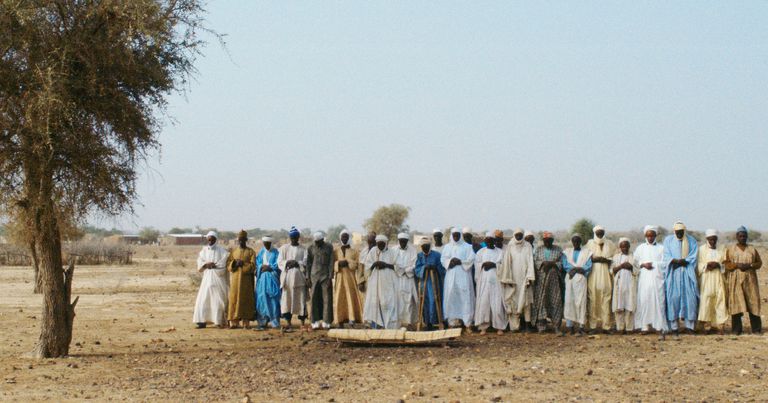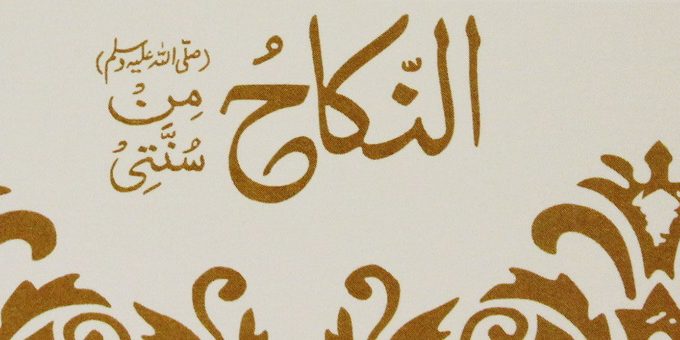QUESTION:
What do the noble ulamā say about this matter that a person got married but the situation has reached to such an extent that he must give talāq (divorce). The woman’s family are saying that because life has become more expensive double the mahr (dowry) must be given. Whereas at the time of the nikāh contract the dowry was established as 5,000 rupees. In the scenario of divorce taking place how much dowry will need to be given?
Note: The marriage took place 5 years ago and at that time 5,000 rupees was much more than the value of 2 tolas and 7 mashas of silver.
ANSWER:
بسم اللہ الرحمن الرحیم
الجواب بعون الملک الوھاب اللھم ھدایۃ الحق والصواب
In the pure Sharī’ah the minimum dowry amount is at least 10 dirhams i.e. 2 tolas and 7 and a half mashas of silver or its value and there is no upper limit. Whatever is established and agreed will be binding. Furthermore, consideration is given to the time of the contract. For this reason, the dowry amount that was established at the time of the contract, if it is the value of 10 dirhams or more then that amount will be binding. Demanding an increase in this dowry amount due to life becoming more expensive is not permissible.
In the scenario asked about because the established dowry amount at the time of the nikāh was more than the value of 2 tolas and 7 and a half mashas of silver then in the scenario of divorce only this established 5,000 rupees will be binding. Demanding an increase upon this from the woman’s side is not permissible.
It is mentioned in Tanwīr al-Absār and al-Durr al-Mukhtār:
“(Its least amount is 10 dirhams whether it is coins or other than that) even if it is in the form of a debt or goods whose value at the time of the contract is 10 dirhams.”
[al-Durr al-Mukhtār ma’a Radd al-Muhtār volume 4 page 220,222]
Al-‘Allāmah al-Muhaqqiq ibn ‘Abidīn al-Shāmī (May Allah shower him with mercy) writes underneath the statement of al-Durr al-Mukhtār (whose value is 10 dirhams at the time of the contract):
“i.e. even if its value became 8 dirhams on the day of handing over, there is nothing for her except that which was established at the time of the contract.”
[al-Durr al-Mukhtār ma’a Radd al-Muhtār vlume 4 page 222]
Sayyidī Ala Hazrat al-Imām Ahmad Ridā Khān (May Allah shower him with mercy) states:
“There is no stipulated amount for the dowry according to Sharī’ah, only in regards to its least amount a limit has been specified that it must be at least 10 dirhams and there is no upper limit. Whatever amount is agreed and established that amount will become necessary and binding. [summarised].”
[al-Fatāwā al-Ridwiyyah Volume 12 page 165]
Sadr al-Sharī’ah Badr al-Tarīqah Muftī Amjad ‘Alī al-A’zhamī (May Allah shower him with mercy) further mentions:
“If something other than dirhams was established as the dowry then it’s value at the time of the contract should not be less than 10 dirhams. If its value was such at that time but later its value decreased the woman will receive it and nothing more. She does not have the right to change it.”
[Bahār e Sharī’at Volume 2 page 64]
الله أعلم عز و جل و رسوله أعلم صلى الله تعالى عليه وآله و سلم
Answered by Mufti Abū al-Hasan Fudayl Ridā al-Attārī
18th Safar al-Muzhaffar 1440 AH (28th October 2018)
Translated by Ustādh Ibrar Shafi
Source: Dār al-Iftā Ahl al-Sunnah (Da’wat e Islami)
Read the original Urdu answer here: [Q-ID0671] My ex-wife is requesting more mahr (dowry) than agreed – what is the ruling?
Also see:



